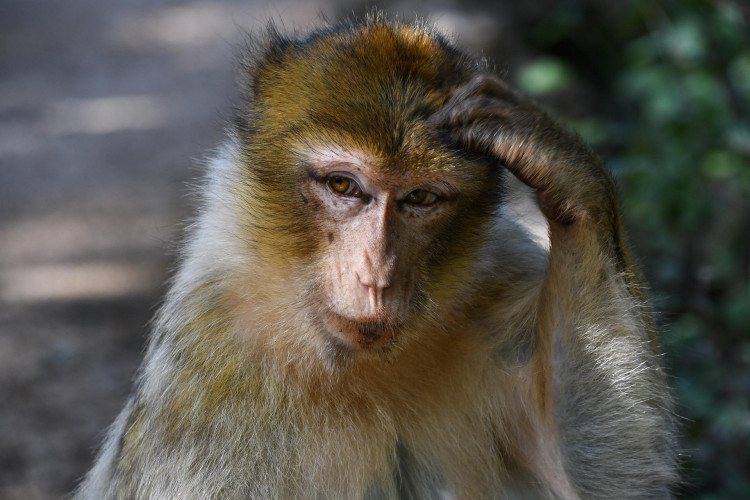In response to concerns about the spread of monkeypox, the World Health Organization expressed regret for the slaughter of monkeys in Brazil on Tuesday, August 9.
In less than a week, 10 monkeys in Sao Jose do Rio Preto, in the state of Sao Paulo, have been poisoned, according to a story published on Sunday by the Brazilian news website G1. Other cities reported hearing about similar instances.
In a press conference held in Geneva, Margaret Harris, a WHO spokeswoman, said, "People have to know that the transmission we see now is among humans." According to the WHO, there are over 1,700 cases of monkeypox in Brazil.
She claimed that allegations of physical attacks and monkey poisoning in several towns could not be used to justify the rise in monkeypox cases in Brazil. Harris emphasized, however, that despite the disease's common name, monkeys are not the primary carriers and are unrelated to the current outbreak.
The virus that causes monkeypox was first discovered in Danish research monkeys, however, the disease can affect a variety of animals, with rodents being the most commonly affected.
The best method to control the virus, according to Harris, is for people to "recognize they have symptoms and go get help and medical care and take precautions to prevent it from being transmitted". That means educating people who are most at risk.
The WHO has issued a warning against stigmatizing persons who are sick because nearly all instances so far have involved men who have had intercourse with other guys.
On July 29, the health ministry of the nation announced that the sickness had claimed one life. The victim was a man with comorbid conditions and a weakened immune system.
Animals can transmit disease to humans, but the most recent outbreak is only linked to human connections, according to Harris. "People certainly should not attack the animals," she said.
Brazilian records of monkey assaults during yellow fever outbreaks are extensive.
Over 29,000 cases of monkeypox have been documented since May in nearly 90 different countries. In July, the WHO declared the spread of the rare disease to be an international emergency.
A rare illness, monkeypox is primarily seen in western and central Africa. It causes a rash that spreads, fever, chills, and aches among other symptoms, and is similar to smallpox but less severe. Around 30 nations have verified more than 1,200 confirmed cases of monkeypox, with the majority occurring in Europe. After Argentina and Mexico, Brazil is the third country in Latin America to report cases of monkeypox.






